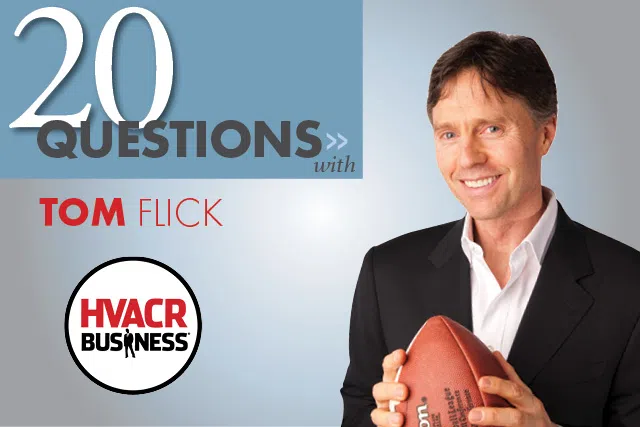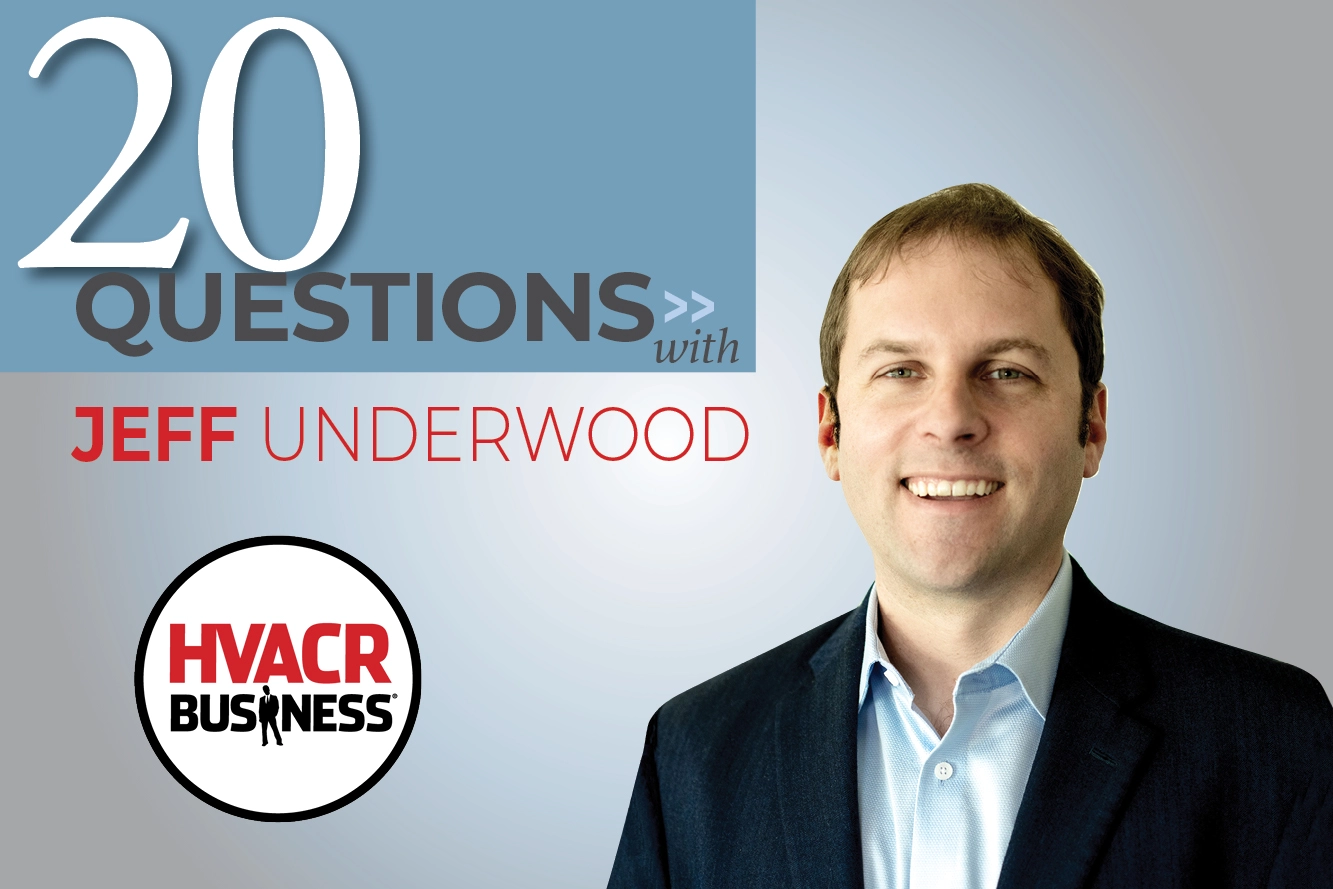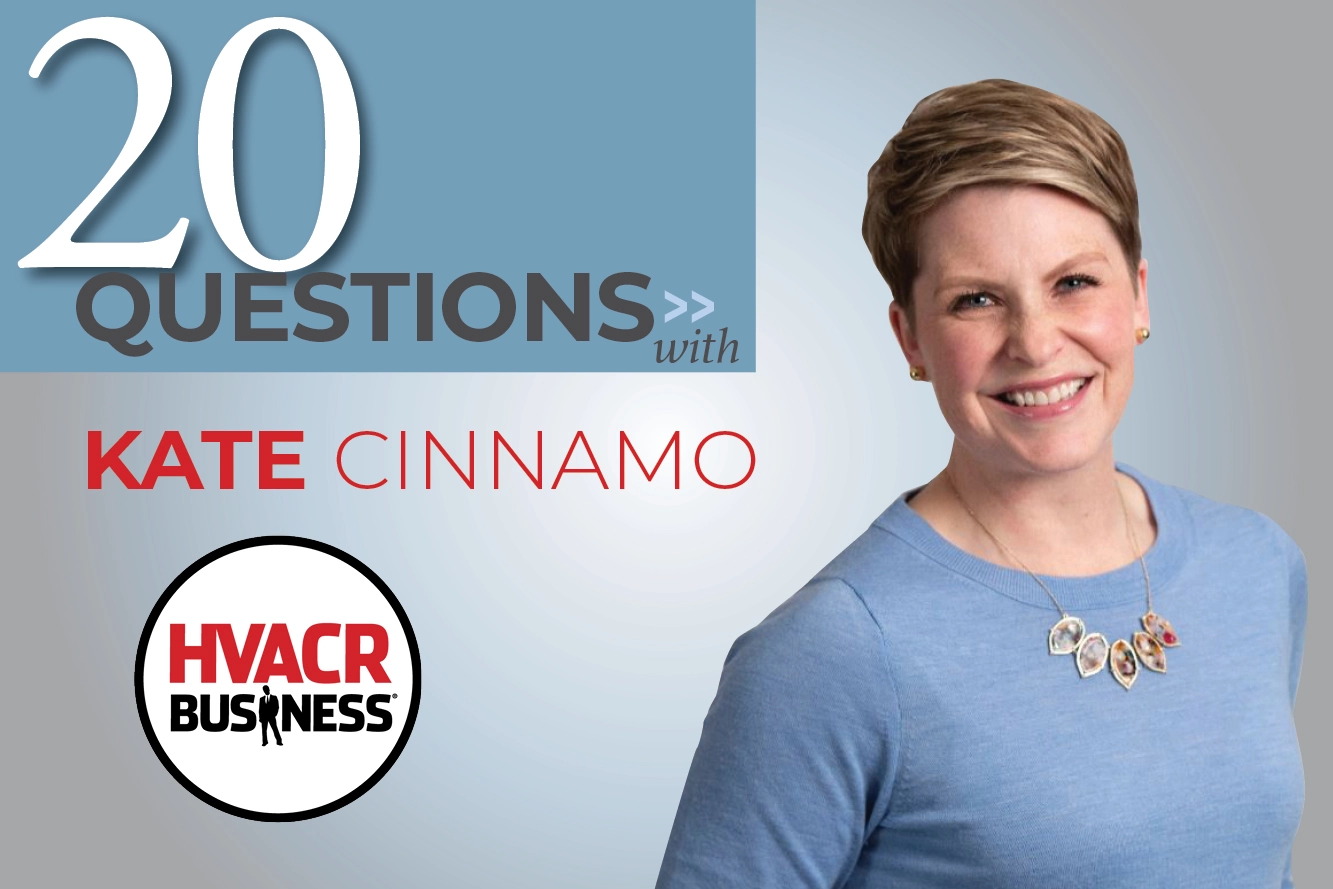Publisher Terry Tanker met with motivational speaker Tom Flick, former Rose Bowl Champion, Pac 10 Conference Player of the Year, and successful NFL quarterback. Flick works with Starbucks, Marriott, Boeing, American Express and hundreds of others. The two discussed leadership, vision, relationships, passion, and other important qualities business owners and managers should possess.
1. What were you doing draft day 1981?
1981 was the first year ESPN broadcast the NFL Draft live. We had a large gathering of family and friends and a side bet on which team would take me in what round. My 8-year-old niece won the $32 prize.
2. The Washington Redskins drafted you in the fourth round. How did your contract compare with today's contracts?
Let' s just say back then it was five figures. A similar pick today would have seven figures.
3. Is there a sport or activity that has replaced football?
Fly-fishing. It's total escapism into nature and the antithesis of the NFL. It's quiet, serene, peaceful. Plus, a trout can't knock you out.
4. What was it like playing for five teams in seven years?
I like to think that I played on the teams that made it possible for all of the other teams to go to the Super Bowl. But seriously… I learned how fast things can change and the physiological impact that has on our performance. Getting yourself quickly refocused and back "in the game" competing at a high level determines how long you stay in the league.
5. How did you make the transition from professional sports to the business world?
Quarterback is a unique position, and it mirrors business perfectly. You are given a vision at the start of the season, with the mission to accomplish that vision, and then you have to go out and execute it. In football, there are 11 guys on the defense who are trying to keep you from achieving your mission — crossing the goal line. For business today, the challenges are leading and managing change in the workplace, leading people, growing your talent and bench strength, and ultimately making the best of the opportunities set before you.
6. What is your biggest business challenge?
Success — because it breeds complacency.
7. How can contractors compete to win in today's market?
Be crystal clear about your vision— who you are, and where you're going. Then, communicate it often. People want to know where they're heading and if it's worth the effort to go there. The mind is wired to move toward its most dominant thought and belief system. If you're feeding it a compelling vision, or a big dream, or a passionate future, you'll end up finding ways to turn that future into a reality.
8. What is the key to inspiring the managers and other team members?
Success begins and ends with your ability to build well-established, secure relationships. All great teams are founded on strong relationships and solid trust because that is the best way for everyone to move forward. As leaders, we need to step away from our computers and get out of our offices to build the ties-that-bind.
9. Why is trust so important in management?
Because companies such as Enron, WorldCom, Global Crossing and numerous others cooked their financial books and shattered customer trust in the process. Customers want to play down the center of the fairway, not on the fringes. It has to be a win-win-win scenario, or people won't play. Trust is the basis for that to take place.
10. Speaking of trust, why do so many companies have such serious ethics problems?
Greed and false pride.
11. You've said, "You don't keep people on product (and price.)You keep them on moments of truth." Can you explain?
Moments of truth are those times when you have the opportunity to demonstrate your authenticity (accuracy, dependability, genuineness) — being real in front of the customer. Customers ultimately buy long term from people they like and trust
12. Can smaller companies capitalize on this?
Anyone can if high character, values, trust, and effort are at the forefront of their mission.
13. What is the No. 1 thing customers look for from sales people entering their home?
How about four things; People skills. Trustworthiness. Product knowledge. Likability.
14. What is the most important quality you have to have to be a company leader?
Passion. It's what gets us up and going in the morning. If it's all cognitive information we're working off of, life gets dry and even boring.
15. Many are not born to be leaders; they have to learn to be one. Is there a natural progression you've seen?
Regardless of whether leadership skills are learned or one is born with them, it boils down to personally living out the behaviors of what you expect people to become. That's why great leaders don't hide out in their offices. They're the visible symbol of what they want everyone to grow to be.
16. Where do most leaders really struggle?
When leaders try to move their organizations ahead, the impetus is almost always entirely intellectual. The fundamental problem is that it's all head and no heart. Underlying the pressing behavior that makes people and their organizations succeed is not a set of thoughts, but a set of feelings.
17. Do "relationships" trump everything else in business?
Pretty much. Beyond a great product and smart business plan, great businesses are built on solid relationships.
18. How do you go about maintaining relationships?
By creating a place for people to gather and grow. At tomflick.com, we're constantly creating resources for people to be life-long learners through books, podcasts, Facebook, CDs, and DVDs.
19. Last year owners had to change the way they did business or they went out of business. How were you advising your clients to change?
Jettison low-value activities. Purge anything that doesn't help you win, today.
20. What is the message for this year?
Leadership. Leadership is the name of the game. It needs to be 75% leadership and 25% management.






